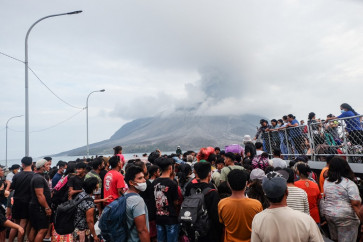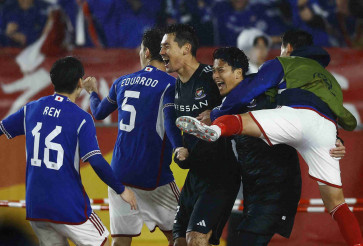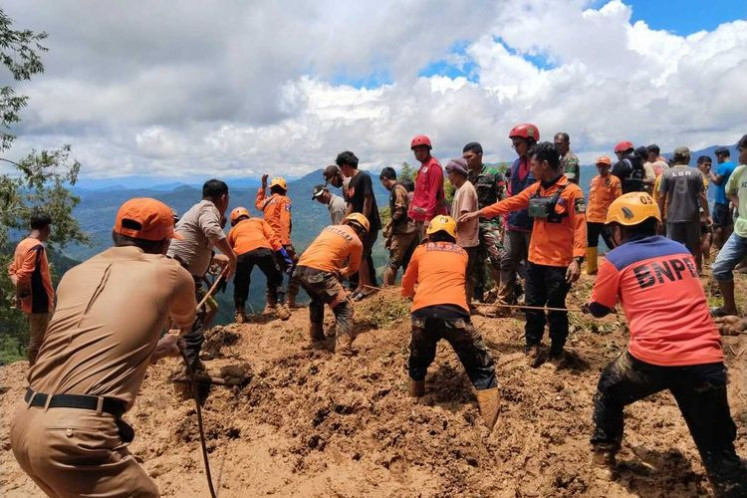Insight: Curing Indonesia’s collective amnesia
That exact hour when angry students took over the parliamentary building in Senayan, Jakarta, I was over 10,000 kilometers away. In 1998, the six-year-old me moved to Göttingen, Germany to accompany my mom who won a scholarship to do her master’s there.
Change Size


That exact hour when angry students took over the parliamentary building in Senayan, Jakarta, I was over 10,000 kilometers away. In 1998, the six-year-old me moved to Göttingen, Germany to accompany my mom who won a scholarship to do her master’s there. I vaguely remember seeing clips on the television or in the newspaper my dad brought home that week, but at that age I could barely make sense of what happened. What New Order?
Two decades later on Sept. 26, 2019, when the next generation of angry students barged in again to the House of Representatives, I was less than 5 km away. At this point I already received six years of higher education on politics and public policy – I was supposed to know better. I guess I was somewhat aware about the problematic law passed the week before that would effectively weaken the Corruption Eradication Commission (KPK), and how the proposed changes in the country’s criminal code would limit civic freedom. Yet there I was, working late in my comfortable office in the Sudirman Central Business District (SCBD), low-key virtue signaling on Twitter without really doing anything. What reformasi dikorupsi (reformation corrupted)?
I later learned that the violence led to the death of five activists (Immawan Randi, Yusuf Kardawi, Maulana Suryadi, Akbar Alamsyah and Bagus Putra Mahendra). Even then, I was not sure if I could have done anything that would matter.
Let me take you back to the midpoint year of 2008 when, a little after dhuhur (noon prayer), another group of angry students walked to the principal’s office of my high school. For the first time in my life I decided to join a protest; I decided that I cared about this issue more than my grades. We demanded the administration to address the significant pay gap between local and international teachers, which led to the resignation of our favorite biology teacher Miss Thea (not her real name).
While we failed to keep her, that day I learned that the adults who built the world around me did not always know better. I realized that I did not have to always accept the status quo and allowed to demand better.
At the risk of oversimplifying, what is happening to us today is collective amnesia. Essentially, thanks to 32 years of being under an autocracy, we never had the chance to train our muscles in practicing democracy, in holding those in power accountable. The rise of Soeharto came with the erasure of the intellectuals and activists critical to the ruling government – disappeared, murdered and exiled. Just as natural science became state-sponsored throughout pre-1945 colonialism (read Andrew Goss’s The Floracrats), post-1965 social science virtually became a tool to control the masses.

Millions of students, yours truly included, went through a curriculum designed not to train critical thinking, let alone civic education, but to strengthen a narrowly defined “nationalism”. We were taught to understand colonization and the struggle for independence so we could appreciate it, to memorize the five silas and patriotic songs, but we were not given the tools to question the state or participate meaningfully in politics. Our students were not encouraged to doubt, to solve the problems around them, to feel comfortable navigating different ideas and to question authority figures.
















